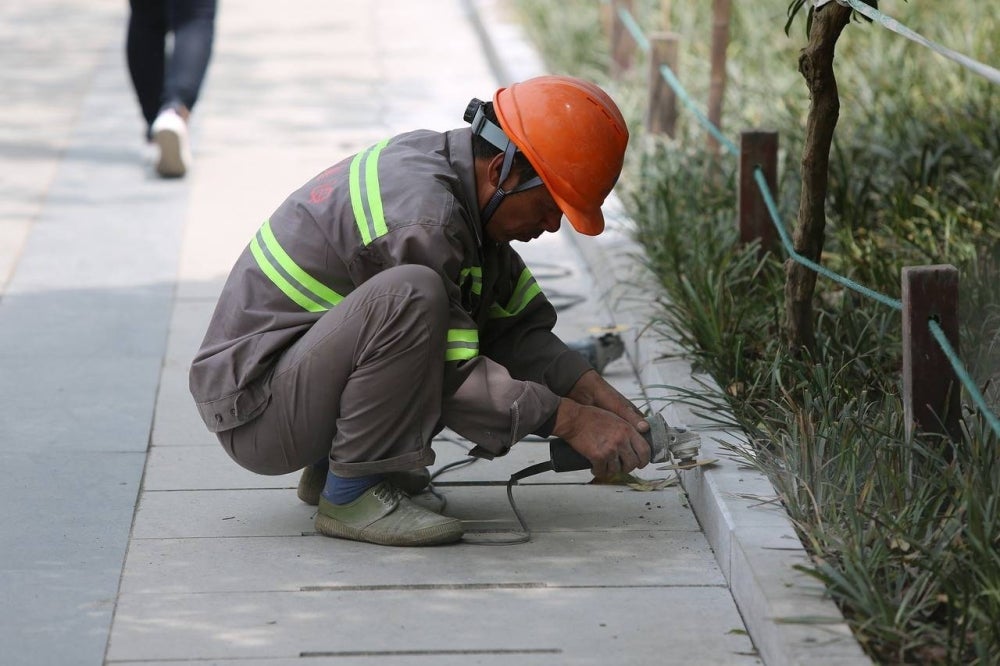Empowering migrant workers, undocumented individuals: Bridging gaps in healthcare access

Barriers faced by migrants and undocumented individuals
Sexual and reproductive health and rights (SRHR) advocate, consultant obstetrician and gynaecologist Dr John Teo said one of the major concerns is the affordability of healthcare within the current system.
He said financial barriers, coupled with enforcement activities aimed at undocumented individuals, exacerbate their predicament.
“The confluence of undocumented status and low socioeconomic status often results in minimal access to healthcare services.
“Current policies regarding migrants, especially the undocumented impose high fees that render essential services inaccessible.
“Many are forced to rely on private healthcare whenever they can afford it,” he said.
Dr Teo added the need for exceptions in policies, particularly for maternal health and family planning, similar to how government policies exempt infectious disease treatments from fees.
“This approach can help prevent unintended pregnancies and related consequences, like unsafe deliveries. Maternal care is more cost-effective than expensive contraceptive methods,” he said.
In addition to policy adjustments, he said employers were encouraged to consider implementing basic insurance schemes, especially for employees with limited healthcare coverage.
“Making healthcare coverage compulsory for employees can significantly enhance healthcare access and ensure rights, especially in complex cases involving migrant children.
“While child aid is theoretically applicable to all children in Malaysia, challenges persist due to limited resources,” he said.
Besides, he also talked about long-acting reversible contraceptives, such as intrauterine devices (IUDs) and hormonal implants, which are highly effective in Sabah and Malaysia.
“However, geographical distance and affordability often restrict women's access to family planning services, which is a critical issue that requires immediate attention.
“The introduction of a postpartum IUD programme, supported by the Health Ministry, allows women to receive an IUD immediately after childbirth, eliminating the need for additional clinic visits and the burden of travelling long distances for follow-up appointments, a particular concern in Sabah,” he said.
He added that the cost-effectiveness of IUDs and other contraceptive methods should be considered and policies adjusted to ensure that all women have access to early, effective contraception.
Commenting further, he also addressed the issue of migrants' access to IUDs in Sabah.
“In some hospitals, NGOs have stepped in to donate IUDs to migrants due to cost barriers.
“Making exceptions for family planning, similar to the policy for infectious diseases, can significantly improve healthcare access in the region, as family planning is considered fundamental to overall healthcare,” he said.











